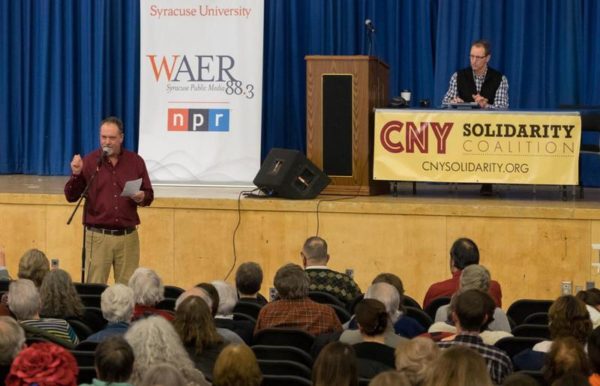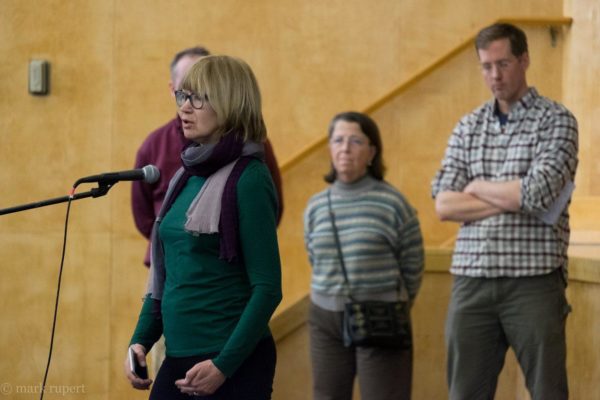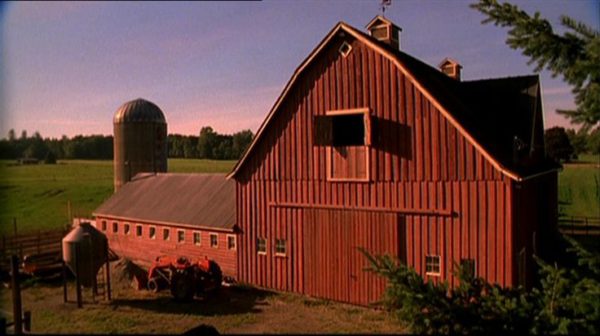A group called the Central New York (CNY) Solidarity Coalition arranged a town hall meeting on March 18 to let residents of our Congressional District speak and share on their concerns. We hoped our Member of Congress, Rep. John Katko, would be there, but he wasn’t. The event was hosted by our local public radio station, WAER, which wrote up this article about the event (including an audio summary).
Here’s what I said in the 2 minutes allotted to each person who wanted to speak. This post serves as an intro of sorts to some posts I’ll write next on overcoming polarization, talking with Trump supporters, and looking at elements of gun control that aren’t helpful or useful.
____________________________________________________________________
My name is Ethan Bodnaruk and I’m a proud resident of Syracuse, in the NY 24th district.
I’m here because I’m deeply worried about the actions and rhetoric of the Trump administration. Healthcare, the existence of climate change, immigrants and refugees, schools, the State Department, the EPA and others are under attack, being cut, or negatively impacted.
Representative Katko, we need you to be bold and brave and principled. During the election you eventually spoke out against Trump the candidate and reacted to beingo n the same ballot as Trump by saying “that’s why God made Scotch”. We need more of this from you, we need you to put the people you represent here first – above your party.
I think many everyday, ordinary people have many common interests and needs, but we’re divided by lies and propaganda.
There are ways we can work together to find solutions to the problems we face. You’re doing and saying some good things – thank you, but we need more.
I’m a very liberal person, and I want to show I’ve got some skin in the game. People on the Left need to do more to help diffuse the polarization, by being open to questioning our views, being self-critcial, having more empathy for others, and getting outside our bubble and echo chambers.
I’m an engineer and in a new position I spend a lot of time on construction sites with construction workers, many of whom enthusiastically voted for Trump. When I talk to them and say the NY SAFE Act* doesn’t actually make us safer and isn’t tailored to the actual problems of gun control… When I say that many arguments against nuclear power ** are based on incorrect information about safety and radiation and are fear mongering, they do listen. Then I can push back and say “No, Hillary didn’t want to take your guns. That makes no sense!” “And no, Trump doesn’t care about everyday people, haven’t you heard of Trump University?”
So we can all do more, but Representative Katko, we need you to stand up for us and for democracy itself.
Notes:
* As I’ll explore in my next post, the NY SAFE Act (a gun control law) does do some good things but it also has provisions that are unnecessary and don’t do anything to help make people safer. I hear this a lot from people much more familiar with guns than I am. Poor provisions fan the fires of polarization and fear that guns will be even further and pointlessly regulated.
** I mentioned nuclear not only because I have some specialized knowledge in the field of nuclear engineering and there is a lot of fear mongering on the topic, but also because there’s a nuclear power plant in a small town here in Central New York that is the subject of much controversy over whether or not to keep it open.




